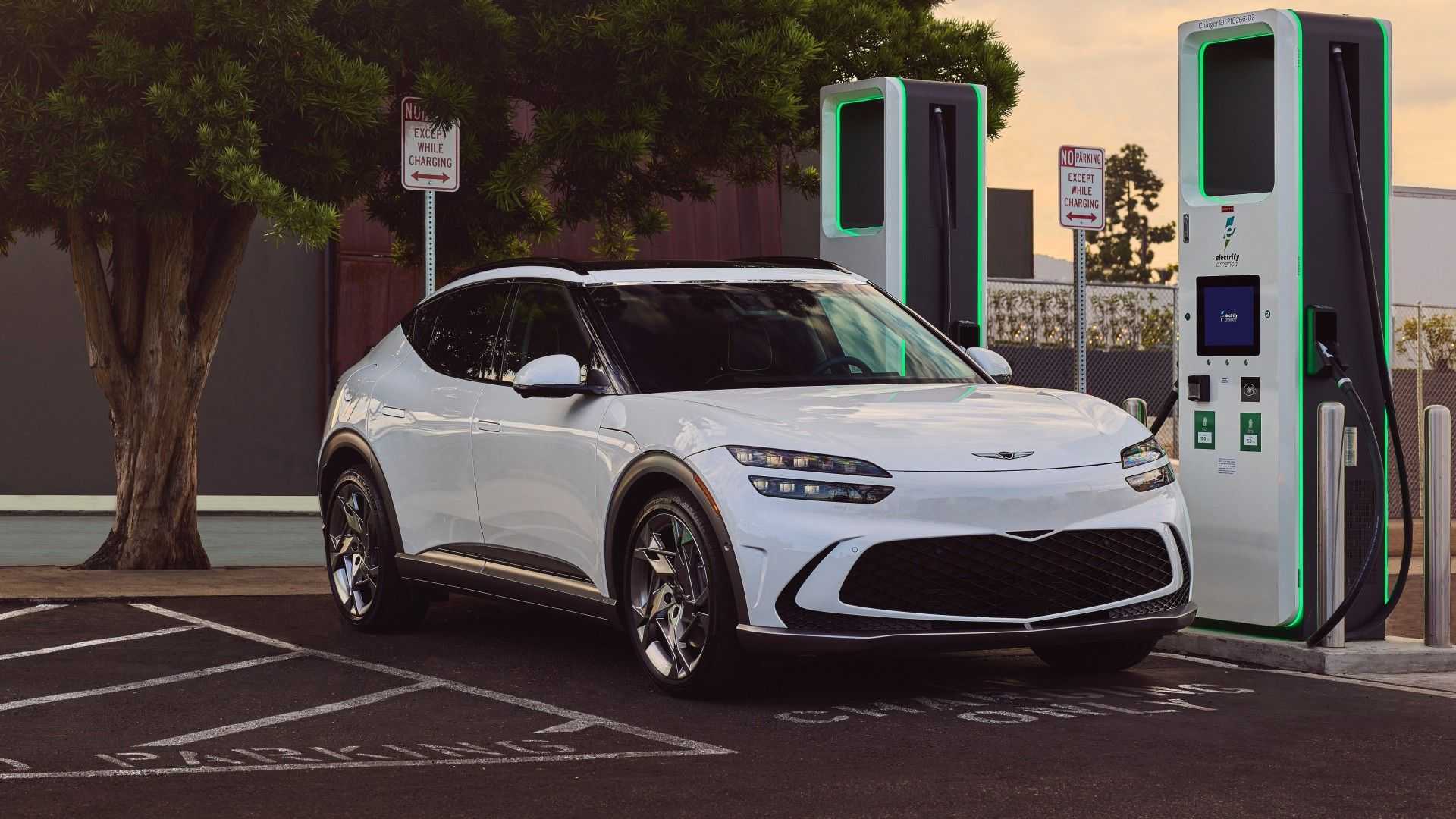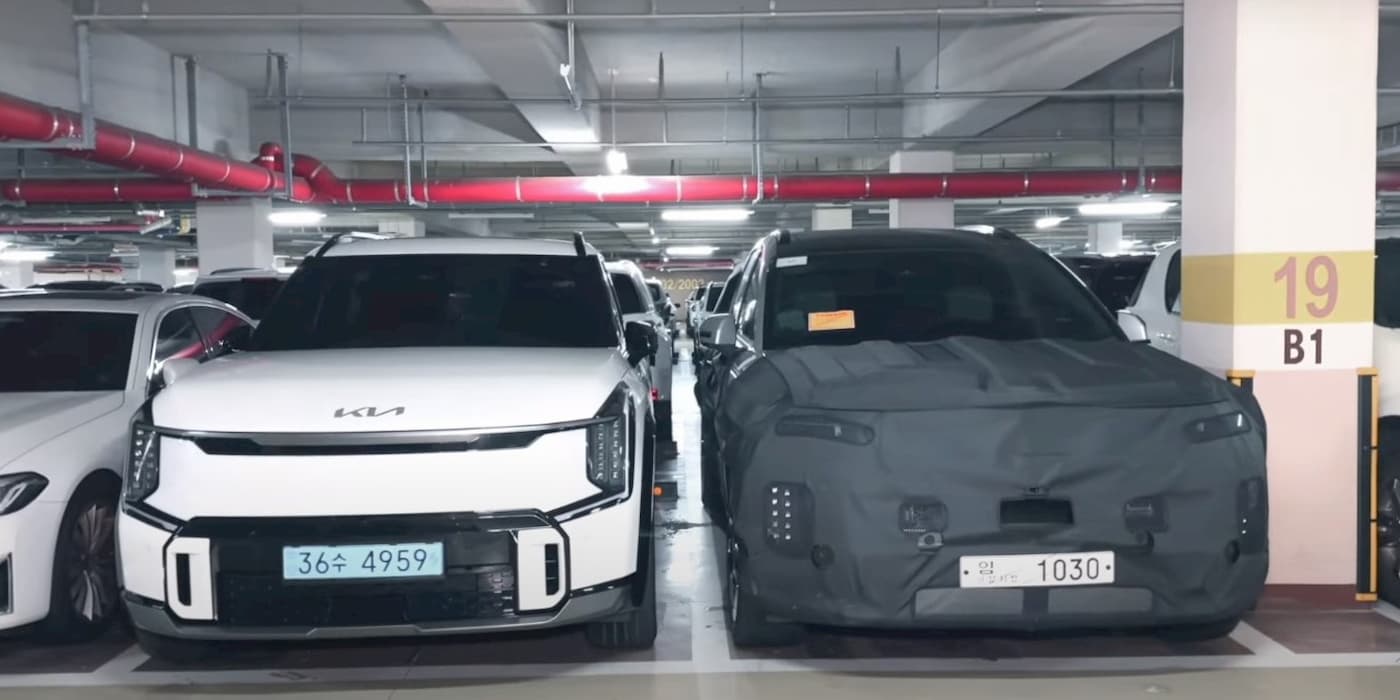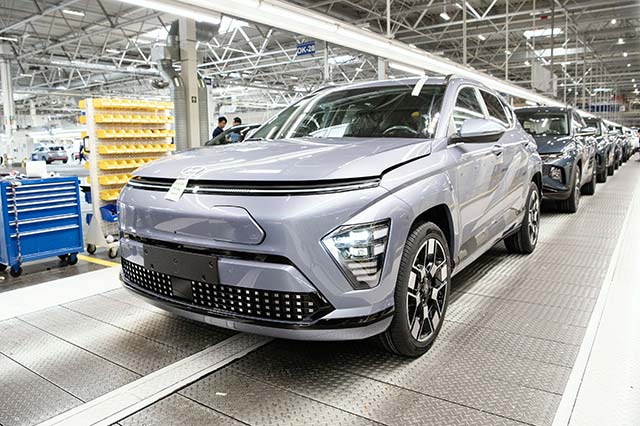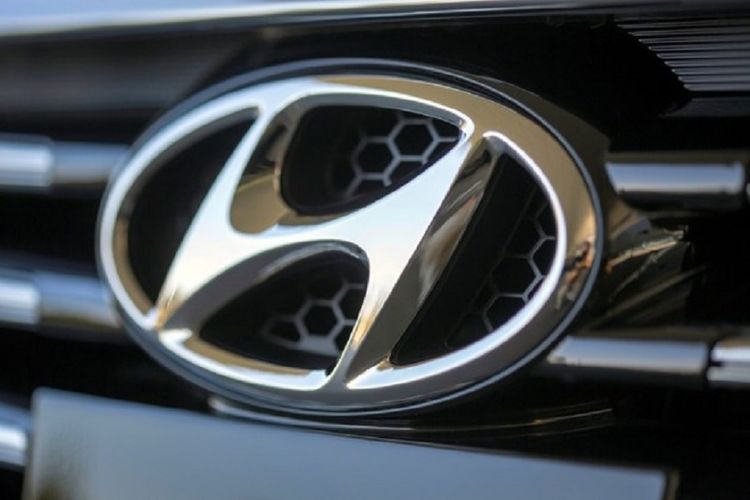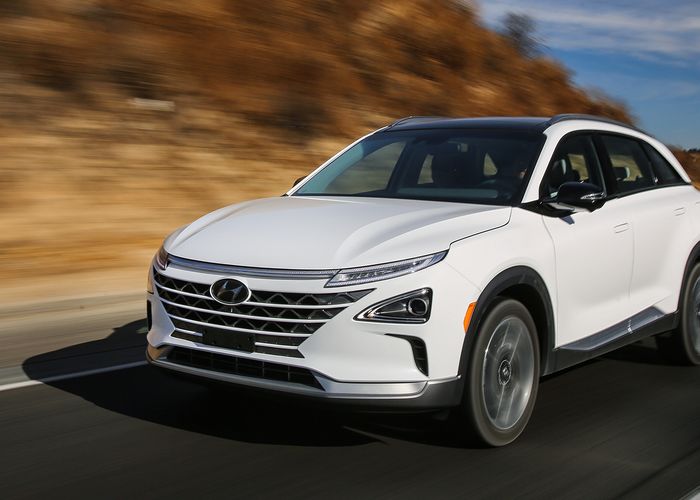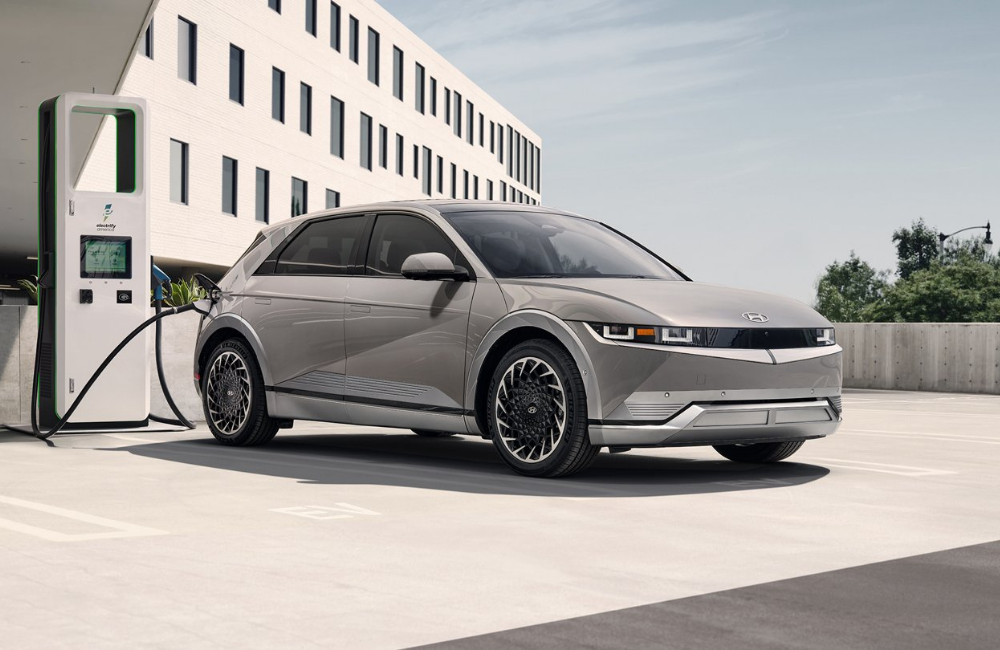In a recent development, owners of all-electric vehicles sold by Hyundai, Kia, and Genesis in the United States have come together to file a nationwide class-action lawsuit against the car manufacturers. The lawsuit claims that certain models feature defective charging ports that result in longer than advertised charging times or, in some cases, a complete failure to charge, potentially leaving users stranded.
The lawsuit, filed last month with the US District Court for the Central District of California, alleges that the automakers advertised vehicle charging times between five to seven hours, depending on the vehicle make, using a Level 2 home charger.
See also: Kia EV6 Lease Now Available at $399/Month, on Par with Hyundai Ioniq 5
However, the lawsuit contends that, in reality, vehicle charging ports frequently overheat in as little as 30 minutes, causing the charging session to unexpectedly and repeatedly fail.
The affected vehicles mentioned in the court filing include the Hyundai Ioniq 5 and Ioniq 6, the Kia EV6, and the Genesis GV60.
Steve Berman, managing partner at Hagens Berman and the attorney leading the case, stated, “Not only do Hyundai, Kia, and Genesis continue to sell vehicles that are clearly incapable of performing as advertised, they also issued a software patch which substantially worsens charging rates and widens the gap between what they promised and what they delivered.” The complaint cites one plaintiff’s experience in which fully charging his 2023 Ioniq 5 takes 20 hours, at a 5% charge rate per hour.
The manufacturers reportedly sent out a technical service bulletin back in March to address the charging issue. However, according to the lawsuit, the subsequent software update pushed to the affected vehicles did little to alleviate the problem.
As per the complaint, the advertised charging amperage of 48 amps drops to 28 amps if overheating occurs, leading to significantly longer charging sessions than initially advertised.
Berman further commented, “This so-called fix does nothing to address the real problem, which is that these vehicles were not manufactured to reliably charge at a rate even close to 48 amps. It’s unacceptable for Hyundai to put a Band-Aid on such a serious defect impeding the vehicle’s stated performance.”
The lawsuit aims to secure just compensation for vehicle owners and lessors, bringing claims of violation of the Computer Fraud and Abuse Act, violation of the California Computer Data Access and Fraud Act, and violations of the applicable state consumer protection laws.


